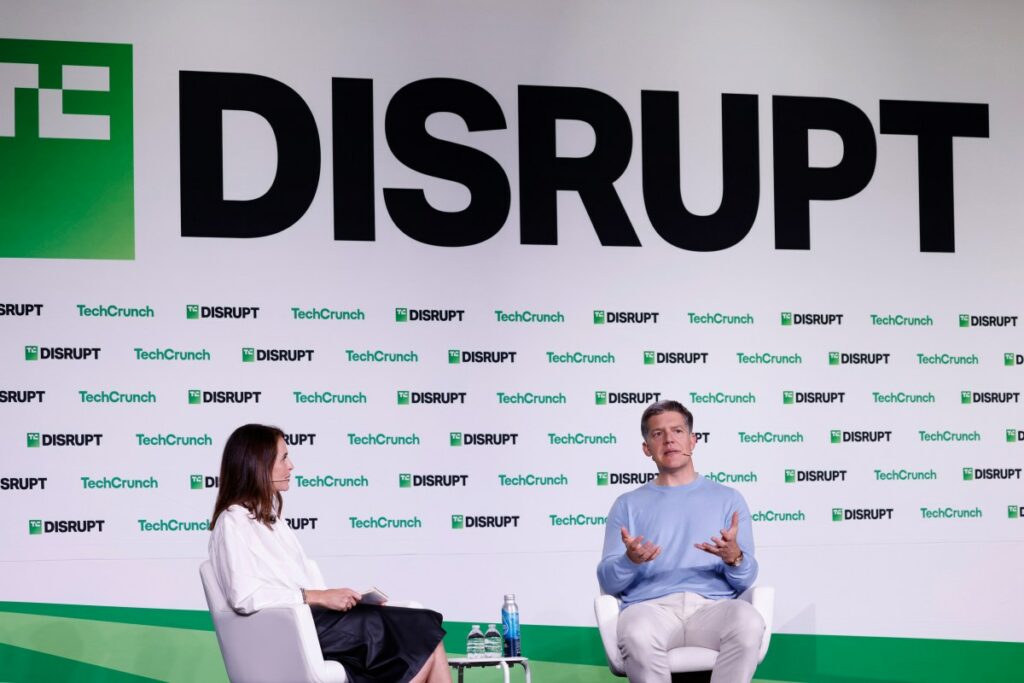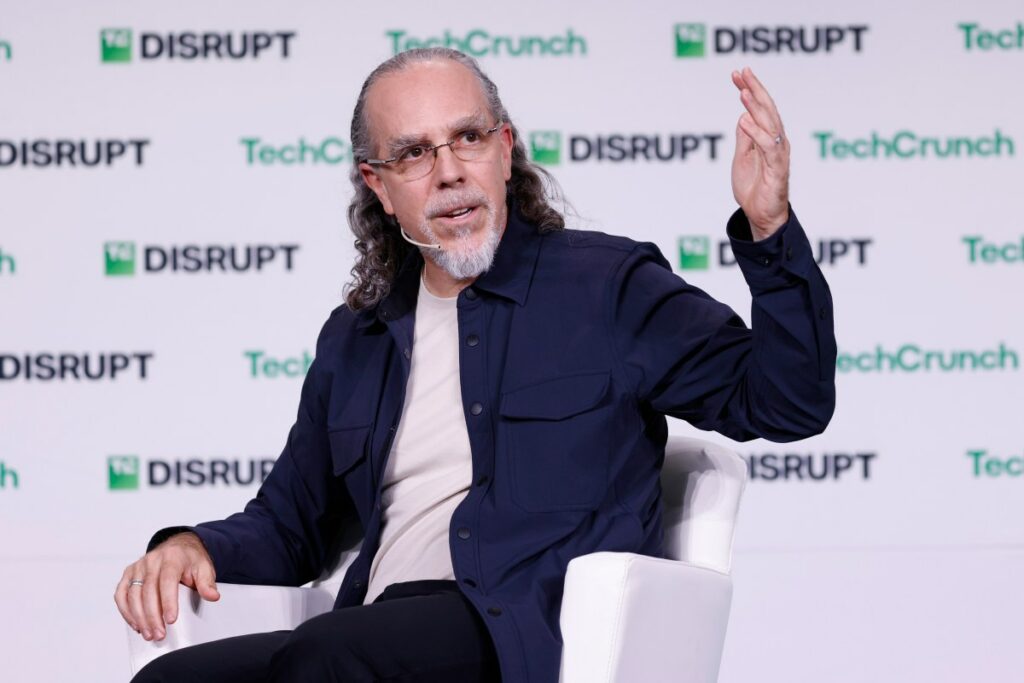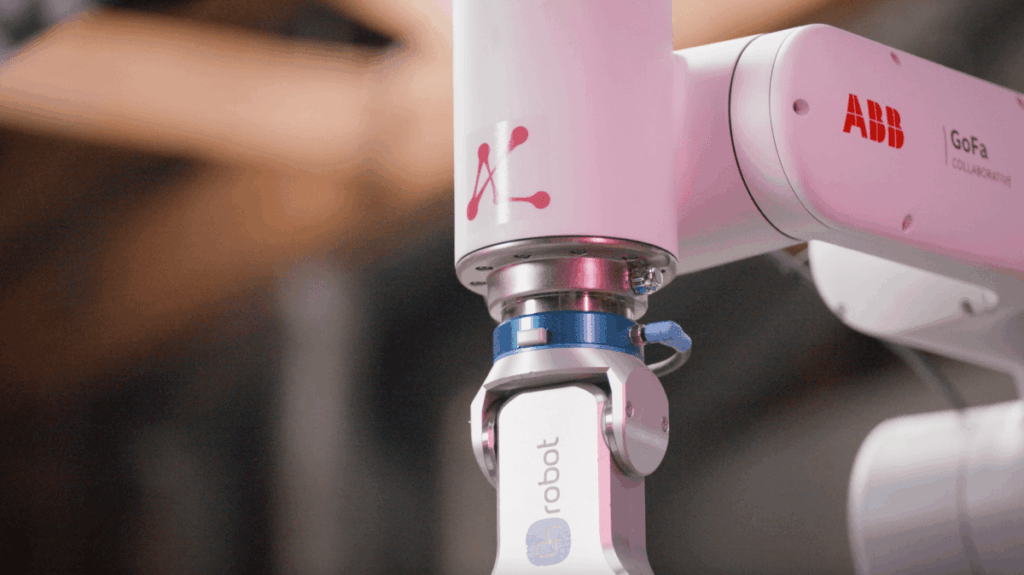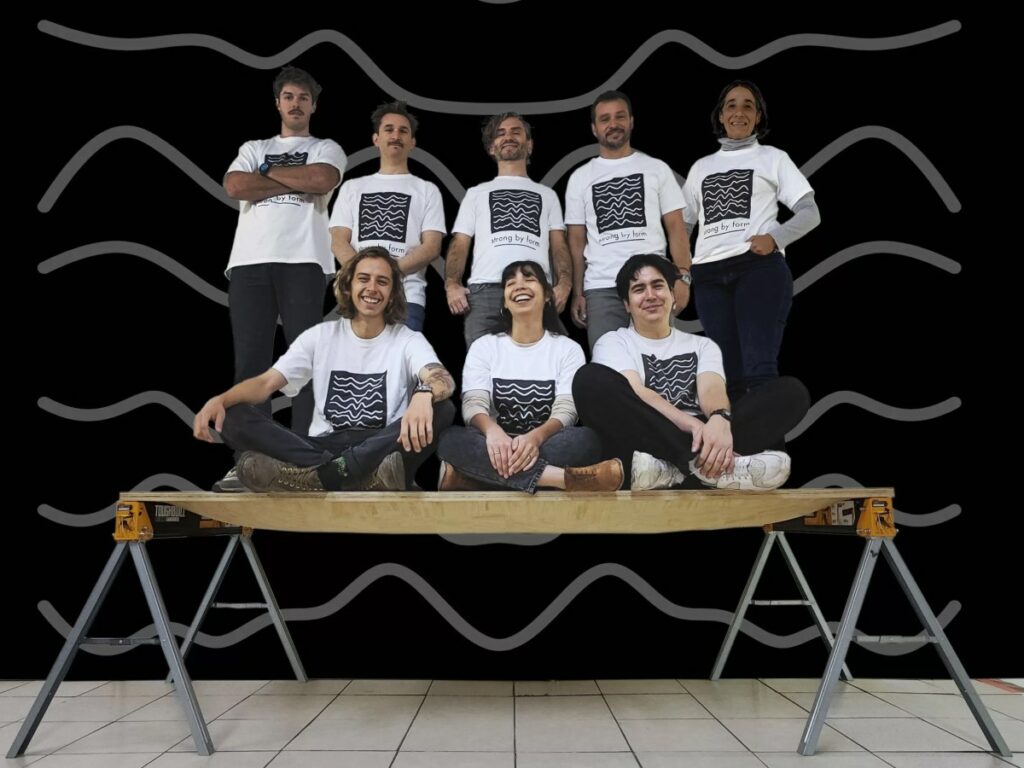TechCrunch Disrupt 2025: How to watch Vinod Khosla, Netflix, Slate Auto, and Startup Battlefield
TechCrunch Disrupt 2025 is here! If you’re still on the fence about attending in person, dive into the extensive schedule of speakers, networking opportunities, workshops, after-parties, and more that’s available here. There’s still plenty of time to get a ticket, and with two days left, we’re offering a 50% discount on tickets. But if you’re […]








